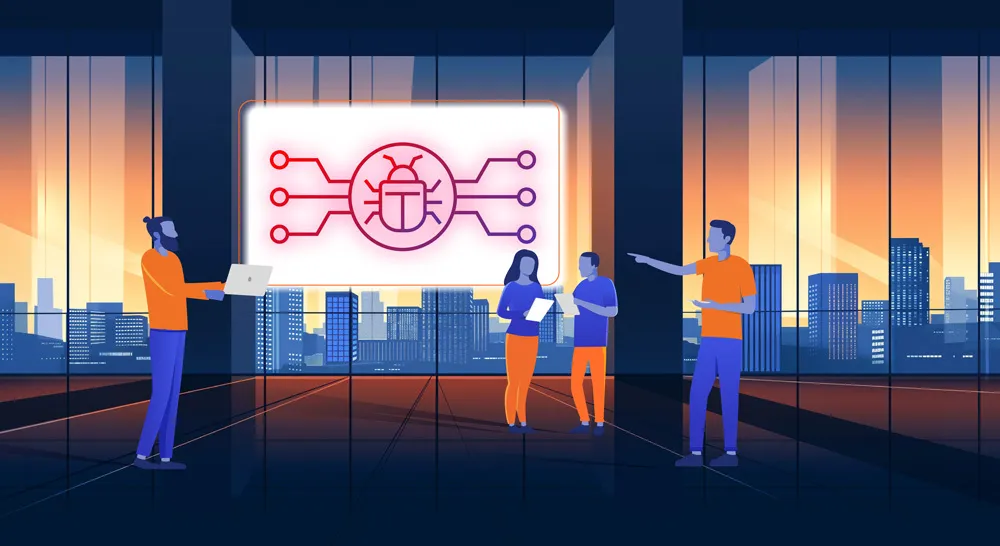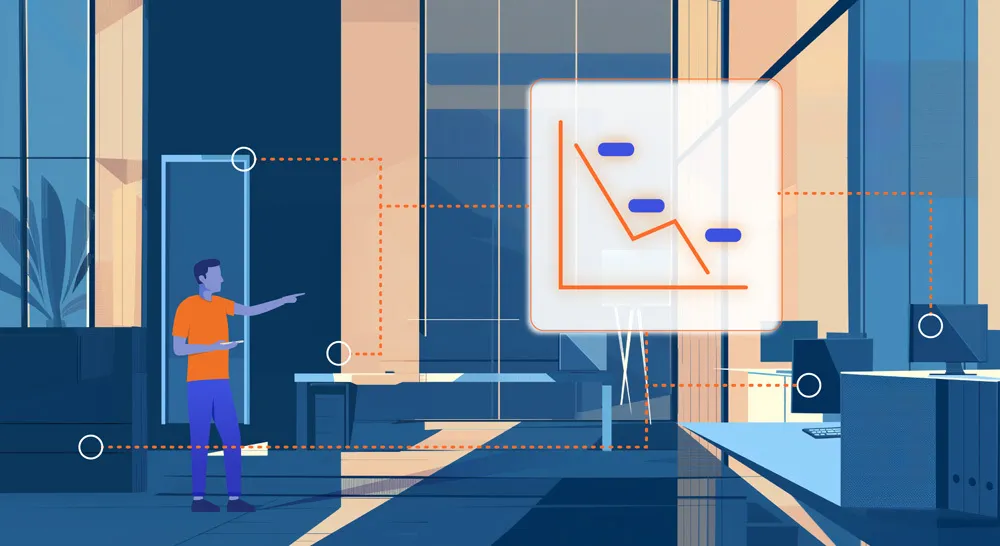
Building a Robust Cybersecurity Framework to Protect Sensitive Data and Ensure Transactional Integrity
In the high-stakes world of private equity, securing sensitive data and ensuring the safety of complex transactions is paramount. PE firms operate in a landscape where the integrity of their digital infrastructure is critical to maintaining the value and confidentiality of their portfolio. Understanding the unique challenges and risks associated with the private equity sector is essential for implementing effective cybersecurity strategies. But how do you get started? What do you need to know? Here are some key areas of investment to begin with.
1. Comprehensive Risk Assessment and Management
Start by conducting thorough risk assessments to identify vulnerabilities within your own systems and those of your portfolio companies. This includes:
- Evaluating Security Postures: Assess the current security measures of each company.
- Identifying Potential Threats: Understand the specific risks each company faces.
- Implementing Mitigation Strategies: Develop and execute plans to address identified vulnerabilities.
2. Rigorous Due Diligence During Acquisition
During acquisitions, cybersecurity due diligence is essential to assess the maturity of target companies. Focus on:
- Conducting Security Audits: Evaluate existing cybersecurity measures.
- Ensuring Compliance: Check for adherence to relevant regulations and standards.
- Historical Breach Analysis: Review past security incidents and responses.
3. Ensuring Regulatory Compliance
Make sure both your firm and portfolio companies comply with cybersecurity regulations and standards. This includes:
- Regular Compliance Checks: Continually monitor for regulatory changes.
- Standardizing Compliance Procedures: Ensure adherence to required standards.
4. Post-Acquisition Cybersecurity Integration
Integrate newly acquired companies into your existing cybersecurity framework. This involves:
- Aligning Security Policies: Standardize security policies across all entities.
- Implementing Security Controls: Deploy necessary security technologies.
- Continuous Monitoring: Set up systems to detect and respond to threats in real-time.
5. Employee Training and Awareness
Invest in training programs to educate employees on cybersecurity best practices. Key areas include:
- Phishing Awareness: Teach employees how to recognize and avoid phishing attempts.
- Incident Response: Provide clear protocols for responding to potential breaches.
6. Developing a Robust Incident Response and Recovery Plan
Prepare for potential security incidents by developing a robust incident response plan. Focus on:
- Detection Mechanisms: Tools for identifying security breaches.
- Clear Response Protocols: Steps to take immediately after an incident.
- Business Continuity Plans: Strategies for maintaining operations during and after a breach.
7. Third-Party Risk Management
Manage risks introduced by third-party vendors. This involves:
- Vendor Assessments: Evaluate the security practices of all third-party vendors.
- Incorporating Cybersecurity Requirements in Contracts: Ensure vendors comply with your cybersecurity standards.
8. Investing in Advanced Cybersecurity Technologies
Leverage the latest cybersecurity technologies to enhance protection. Important technologies include:
- Endpoint Protection: Safeguard individual devices from threats.
- Network Security: Use firewalls, IDS, and IPS to protect network infrastructure.
- Data Encryption: Encrypt sensitive data to prevent unauthorized access.
- SIEM Tools: Monitor and analyze security events in real-time.
9. Strong Governance and Leadership
Establish strong leadership and governance structures to oversee cybersecurity efforts. This includes:
- Appointing a CISO: Designate a Chief Information Security Officer to lead cybersecurity initiatives.
- Involving the Board: Make cybersecurity a regular agenda item for the board of directors.
10. Cyber Insurance
Invest in cyber insurance to mitigate financial losses from cyber incidents. Ensure policies:
- Review Coverage Carefully: Ensure they include relevant risks.
- Regularly Update Policies: Adjust coverage as the threat landscape evolves.
Conclusion: A Proactive Approach to Cybersecurity
Cybersecurity in private equity is a multifaceted challenge that requires a proactive and comprehensive approach. By starting with these key areas of investment, PE firms can protect their assets, maintain investor confidence, and ensure regulatory compliance. Cybersecurity should be viewed as a strategic advantage, integral to maintaining the integrity and value of your portfolio.
Partnering with CYPFER for Cybersecurity Excellence
At CYPFER, we understand the unique cybersecurity challenges that private equity firms face. Our comprehensive approach ensures that your firm and portfolio companies are protected from evolving cyber threats. We offer tailored risk assessments, due diligence support, cyber awareness training and robust incident response planning. One of the most critical investments you can make is in incident response retainers, which provide immediate access to expert assistance in the event of a cybersecurity breach. With our expertise and dedication to Cyber Certainty™, CYPFER is your trusted partner in securing your investments and maintaining the highest standards of cybersecurity. Let us help you achieve peace of mind and secure the future of your portfolio.
Your Complete Cyber Security Partner:
Every Step, Every Threat.
At CYPFER, we don’t just protect your business—we become part of it.
As an extension of your team, our sole focus is on cyber security, ensuring your peace of mind. From incident response and ransomware recovery to digital forensics and cyber risk, we integrate seamlessly with your operations. We’re with you 24×7, ready to tackle threats head-on and prevent future ones.
Choose CYPFER, and experience unmatched dedication and expertise. Trust us to keep your business secure and resilient at every turn.

Get Cyber Certainty™ Today
We’re here to keep the heartbeat of your business running, safe from the threat of cyber attacks. Wherever and whatever your circumstances.
Contact CYPFER





